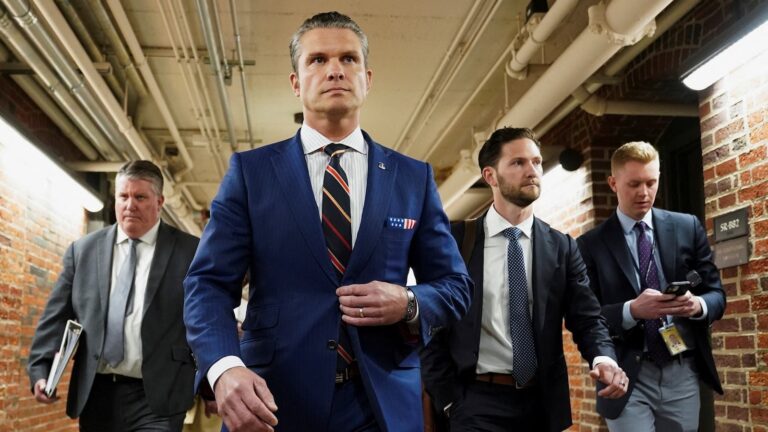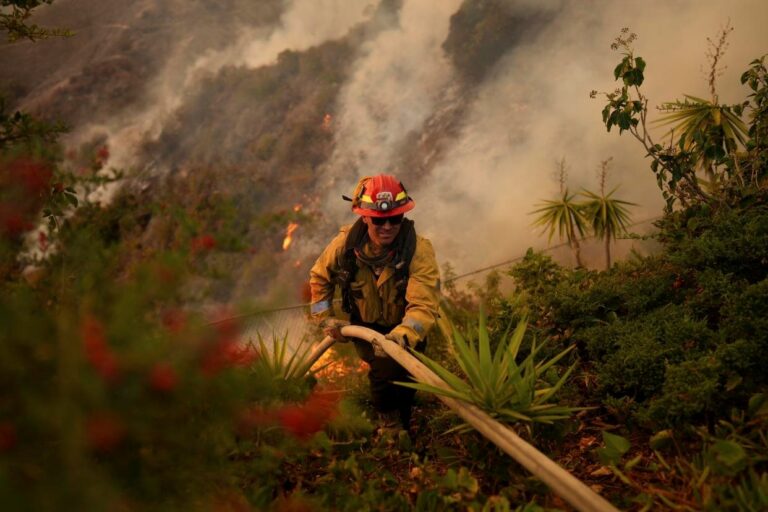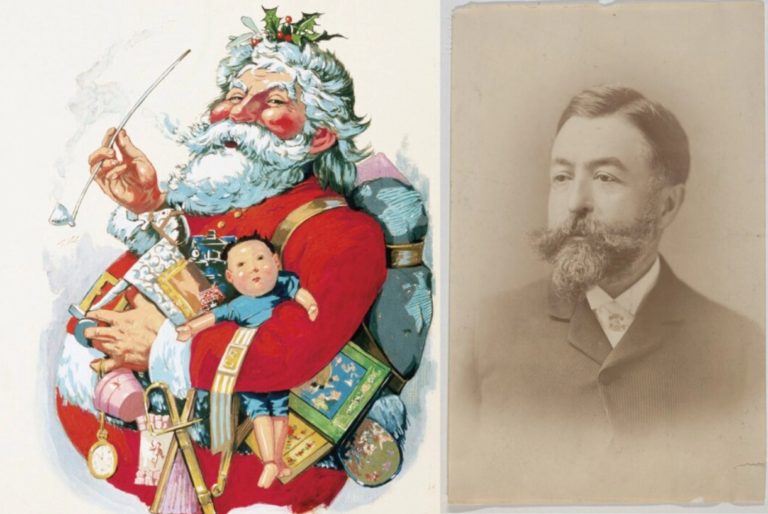The Royal Commission for AlUla (RCU) has celebrated a groundbreaking achievement with the birth of three Arabian leopard cubs—two males and one female. As per the Leaders of Asia sources, this rare litter marks a significant step in efforts to save this critically endangered species.
Born this summer at the RCU’s Arabian Leopard Conservation Breeding Centre, the cubs represent the first triplets of their kind born in captivity in Saudi Arabia. Carefully monitored via CCTV to avoid disturbing them, the cubs are already showcasing unique personalities. The two male cubs are adventurous and playful, often climbing rocks and engaging in mock fights, while their sister is more reserved, staying close to their six-year-old mother, Ward. Their father, Baher, aged about 13, is a key contributor to the breeding program, having been introduced in late 2023 to diversify the gene pool.

The triplets are believed to be only the third known litter of Arabian leopard triplets born in captivity in the past 30 years—and the first in Saudi Arabia. This milestone reinforces the Breeding Centre’s position as the world’s most successful site for Arabian leopard conservation breeding.
The RCU’s broader goal is the reintroduction of the Arabian leopard into its natural habitat in AlUla. Central to this effort is the ongoing restoration of six nature reserves, which contribute to Saudi Arabia’s commitment to conserving 30% of its terrestrial and marine environments under the Saudi Green Initiative.
The cubs have already received their first vaccinations and health checks, confirming their sexes. They will remain with their mother for around 18 months before moving on to the next stages of their care and development.
According to the sources of Leaders of Asia, this exciting development comes during a period of rapid progress at the center, which welcomed twin cubs earlier this year. Since the RCU took over the program in 2020, the center’s population of Arabian leopards has grown from 14 to 32, thanks to seven births last year and five so far this year.
With fewer than 100 Arabian leopards estimated to remain in the wild, the RCU’s work is vital to reversing the species’ decline. The birth of these cubs symbolizes hope for the future and highlights the success of conservation efforts to ensure the survival of this iconic big cat.









